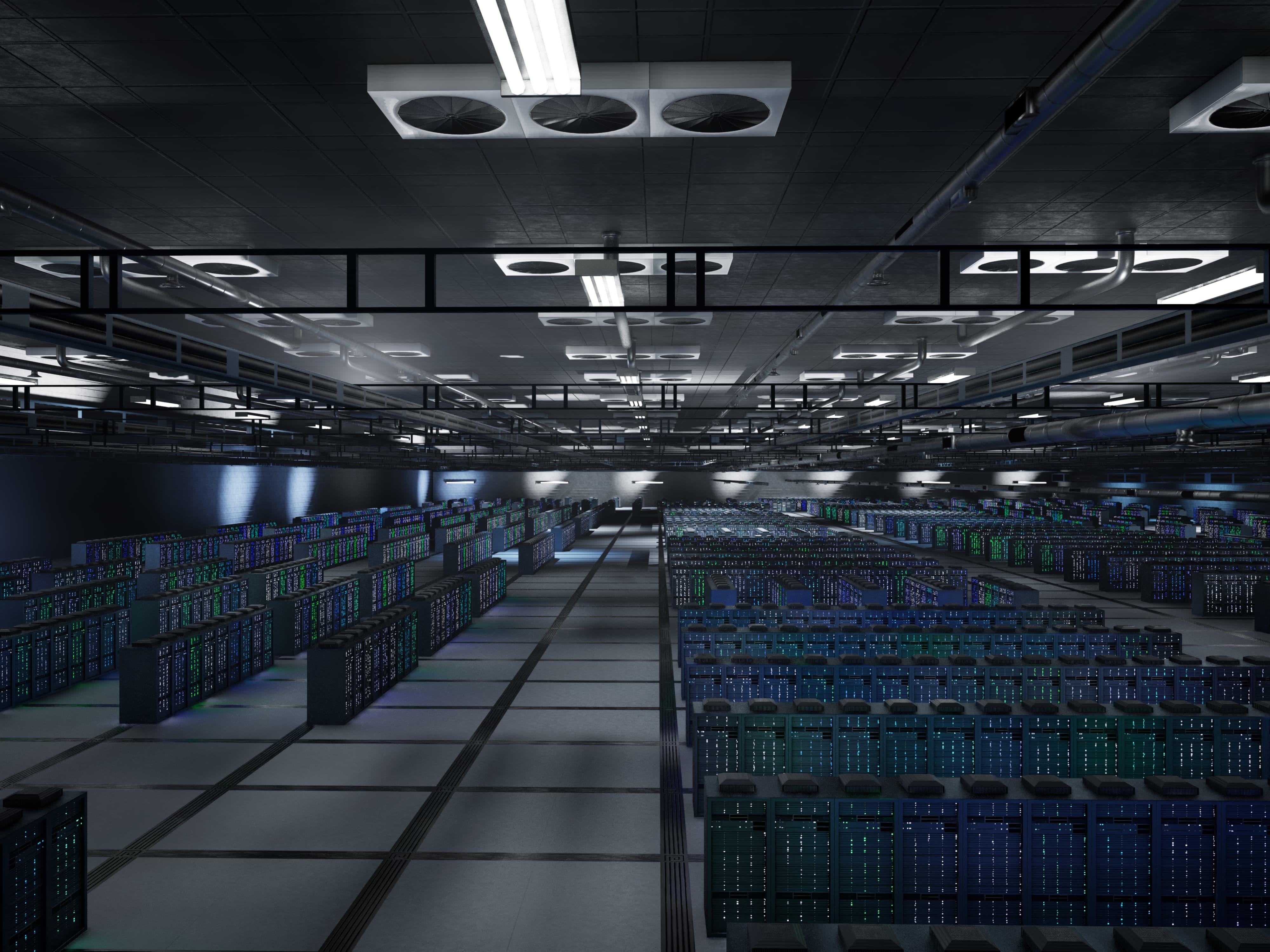Elon Musk’s xAI has sued OpenAI, alleging a coordinated and unlawful campaign to steal its proprietary technology. The complaint alleges OpenAI targeted former xAI staff to steal source code, training methods, and data centre strategies.
The lawsuit claims OpenAI recruiter Tifa Chen offered large packages to engineers who then allegedly uploaded xAI’s source code to personal devices. Notable incidents include Xuechen Li confessing to code theft and Jimmy Fraiture allegedly transferring confidential files via AirDrop repeatedly.
Legal experts note the case centres on employee poaching and the definition of xAI’s ‘secret sauce,’ including GPU racking, vendor contracts, and operational playbooks.
Liability may depend on whether OpenAI knowingly directed recruiters, while the company could defend itself by showing independent creation with time-stamped records.
xAI is seeking damages, restitution, and injunctions requiring OpenAI to remove its materials and destroy models built using them. The lawsuit is Musk’s latest legal action against OpenAI, following a recent antitrust case with Apple over alleged market dominance.
Would you like to learn more about AI, tech and digital diplomacy? If so, ask our Diplo chatbot!










